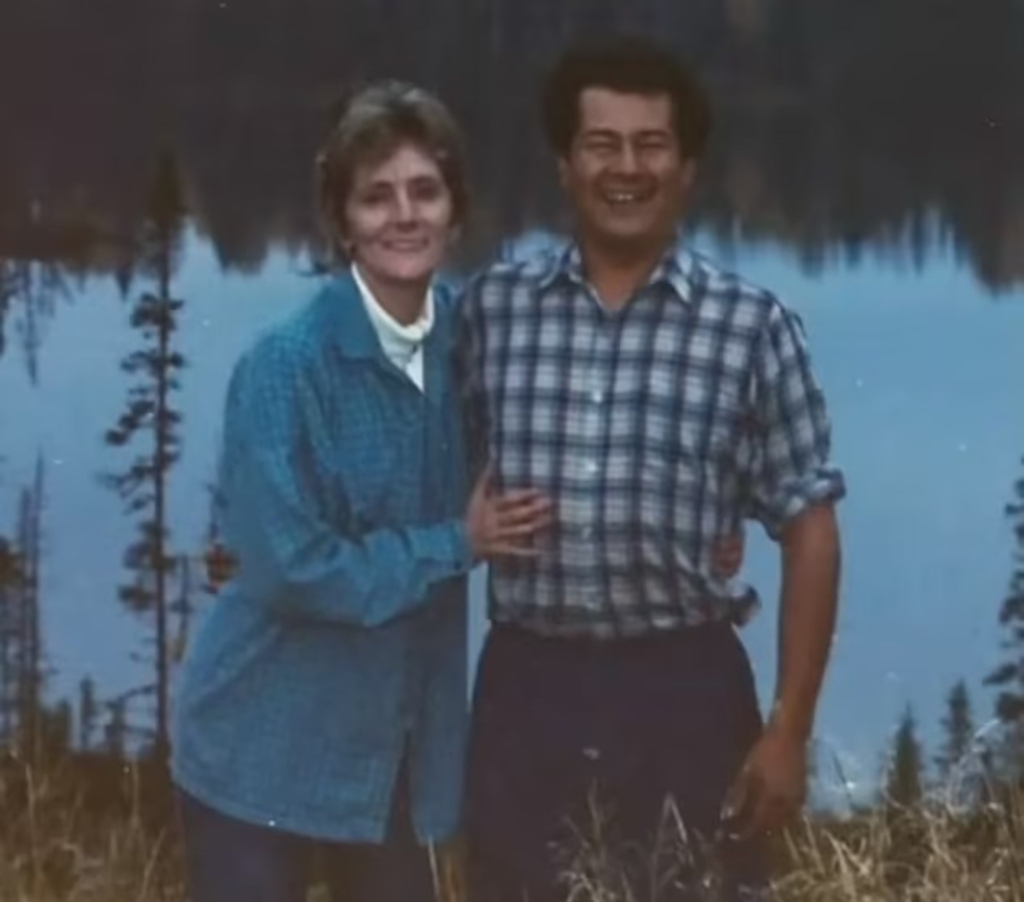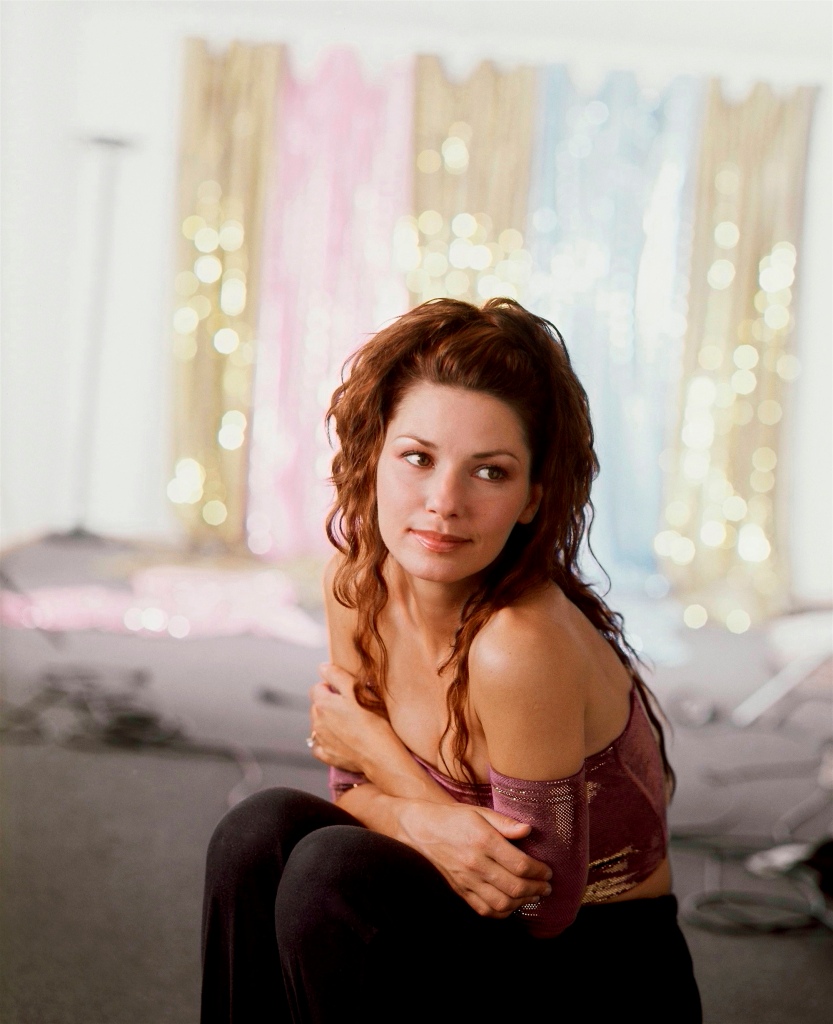Shania Twain claims abusive stepfather would ‘fondle’ her
Country superstar Shania Twain is opening up about the alleged sexual abuse she says she suffered from her stepfather as a child.
In a Thursday interview on the “Today” show, she doubled down on the abuse claims she made in 2018, explaining how her stepfather made her feel ashamed of her own body.
When discussing her daring cover art for her upcoming album, “Queen of Me,” the 57-year-old Twain revealed that the cheeky photoshoot was a means to putting her turbulent past behind her.
“It’s a way of really about saying, listen, I was abused when I was a kid, my father would fondle me up on the top and make me go without a shirt, and I was already maturing,” she said of the nude photography.
She described wanting to “escape” her skin — but now she is looking to thrive in it.
“I’m happy in my own skin. It’s the only skin I have, so I don’t have a choice,” she added. “It’s time to start loving myself in my own skin and really embracing that and not being embarrassed of it or shy of it.”
Despite being “petrified” of posing nude, she found the shoot to be “empowering.”
“Today” co-host Hoda Kotb touched on the “That Don’t Impress Me Much” singer’s 2022 Netflix documentary, “Not Just a Girl,” in which Twain described her upbringing and home as “violent.”
She recalled that at times, she lacked food and electricity, and in her 20s, she lost her mother and stepfather, forcing her to step into a parenting role for her siblings.
Twain’s experiences were a “double-edged sword” — the adversity made her stronger, but at what cost?
“There’s elements of that, of going through all those difficulties that make you stronger,” she said. “What you survive makes you stronger, but on the other hand, you develop insecurities.”

You would never know it from the bold, playful photographs for her forthcoming album, but Twain said she used to flatten her chest to go “unnoticed” in her home.
“I hid myself, and I would flatten my boobs. I would wear bras that were too small for me, and I’d wear two, play it down until there was nothing girl about me,” Twain told the Sunday Times in December. “Make it easier to go unnoticed. Because, oh my gosh, it was terrible — you didn’t want to be a girl in my house.”
She said abuse made her struggle to embrace her femininity and sift through her pent-up rage.
“It took a long time to manage that anger. You don’t want to be somebody that attacks me on the street,” the “Man! I Feel Like a Woman” singer said. ‘Because I will f–king rip your head off if I get the chance.”

Her newfound transparency and ability to speak on her trauma comes years after the five-time Grammy winner refused to dish details during a 2018 interview with the Guardian.
“I was worried about my father killing my mother,” she said at the time. “I thought they’d kill each other. My mom was quite violent, too. Many nights I went to bed thinking: ‘Don’t go to sleep, don’t go to sleep, wait ’til they are sleeping.’ And I would wake up and make sure everybody was breathing.”
The article references her 2011 memoir, “From This Moment On,” in which she details a night when her stepfather, Jerry, allegedly beat her mother, Sharon, unconscious and stuck her head into a toilet bowl. Twain said she fought back, hitting Jerry across the back with a chair — and he swung at her, fist colliding with jaw. She was 11 at the time.
She also claimed her stepfather “physically and psychologically” abused her, confirming there was sexual abuse involved — beginning when she was 10 — but declined to share anymore. Twain also did not include it in her book.
“Uh huh, uh huh. I’m not going to go into details about it,” she said. “I don’t mind saying it, because I do think it’s important that people understand you can survive these things.
“I feel the sexual abuse goes hand in hand with the physical and psychological abuse when it’s somebody you know. I learned to block it out,” she added. “Abusers need to manipulate you, whether it’s before or after, and what I said to myself is: ‘OK, there’s something wrong with this person, and that person is not well.’”
The Nashville Songwriters Hall of Fame inductee claims she never dreamed of stardom, only using songwriting as an “escape” from a violent — and hungry — reality.
“When you’re hungry you can’t do anything about it, but distract yourself from the hunger. And it really works. It’s therapeutic,” she revealed. “A lot of kids play with dolls, and I played with words and sounds.”
Read the full article Here


